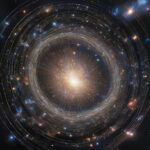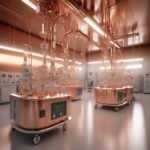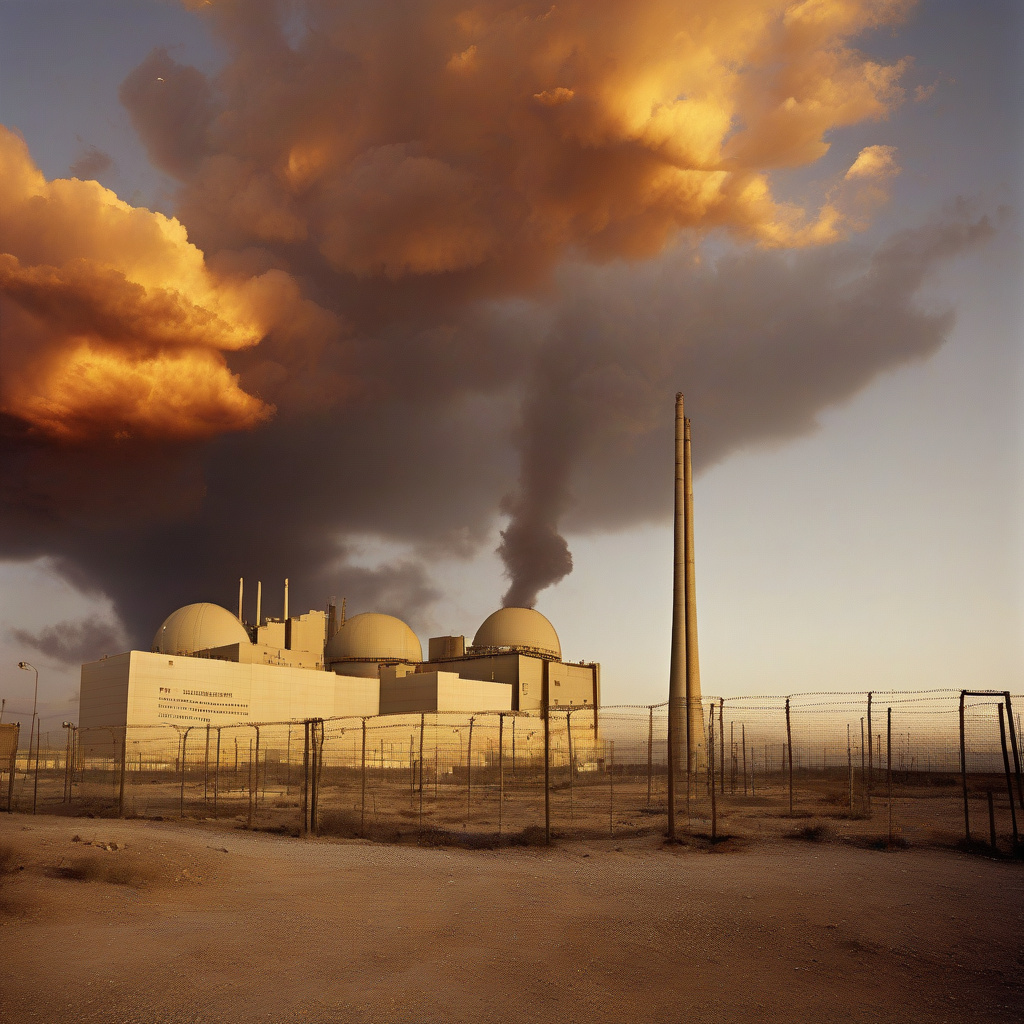Shrouded in secrecy: Israel’s hidden nuclear power could be larger than estimated
As Israel and Iran exchange missile and drone strikes, new evidence suggests that Israel’s nuclear capabilities might be more extensive than previously estimated. The ambiguity surrounding Israel’s nuclear program has long been a point of contention in the Middle East region. While Israel has maintained a policy of nuclear ambiguity, neither confirming nor denying the existence of its nuclear arsenal, recent developments have shed light on the extent of its nuclear capabilities.
Despite Israel not being a signatory to the Treaty on the Non-Proliferation of Nuclear Weapons (NPT), it is widely believed to possess nuclear weapons. The Stockholm International Peace Research Institute (SIPRI) estimates that Israel has approximately 90 nuclear warheads. However, recent investigations by experts indicate that Israel’s nuclear arsenal could potentially be larger, with some assessments suggesting the number of warheads could be as high as 300.
Israel’s nuclear program is shrouded in secrecy, with facilities such as the Negev Nuclear Research Center near Dimona being off-limits to international inspectors. The Israeli government has neither confirmed nor denied the purpose of the Dimona facility, leading to speculation about its role in the production of nuclear weapons. The opacity surrounding Israel’s nuclear activities has fueled concerns about the lack of transparency and accountability in its nuclear program.
The revelation of Israel’s potentially larger nuclear arsenal raises questions about the country’s strategic objectives and the impact on regional stability. The existence of a significant number of nuclear warheads in Israel’s possession could have far-reaching implications for the delicate balance of power in the Middle East. It also raises concerns about the potential for a nuclear arms race in the region, with neighboring countries possibly seeking to bolster their own nuclear capabilities in response.
Moreover, the lack of clarity surrounding Israel’s nuclear program has implications for international security and non-proliferation efforts. The absence of transparency and accountability in Israel’s nuclear activities undermines global efforts to prevent the spread of nuclear weapons and ensure nuclear disarmament. It also highlights the challenges of addressing nuclear proliferation in a region marked by political tensions and conflicts.
In light of these developments, calls for greater transparency and accountability regarding Israel’s nuclear program are likely to grow. The international community, including the United Nations and nuclear watchdog organizations, may exert pressure on Israel to disclose more information about its nuclear capabilities. Clarifying the extent of Israel’s nuclear arsenal could help alleviate concerns about the potential risks posed by its undisclosed nuclear weapons.
As Israel’s hidden nuclear power comes under scrutiny, the need for transparency and dialogue on nuclear issues becomes increasingly urgent. Addressing the uncertainties surrounding Israel’s nuclear program is essential for promoting regional stability, preventing nuclear proliferation, and advancing global security. The revelation of Israel’s potentially larger nuclear arsenal serves as a reminder of the complex challenges posed by nuclear weapons in an already volatile region.
Israel’s nuclear program remains a contentious issue with significant implications for regional and international security. The ambiguity surrounding the extent of Israel’s nuclear capabilities underscores the need for greater transparency and accountability in nuclear affairs. As the world grapples with the challenges of nuclear proliferation, addressing the uncertainties surrounding Israel’s nuclear arsenal is crucial for advancing peace and stability in the Middle East and beyond.
Israel, nuclear power, Middle East, regional stability, non-proliferation












